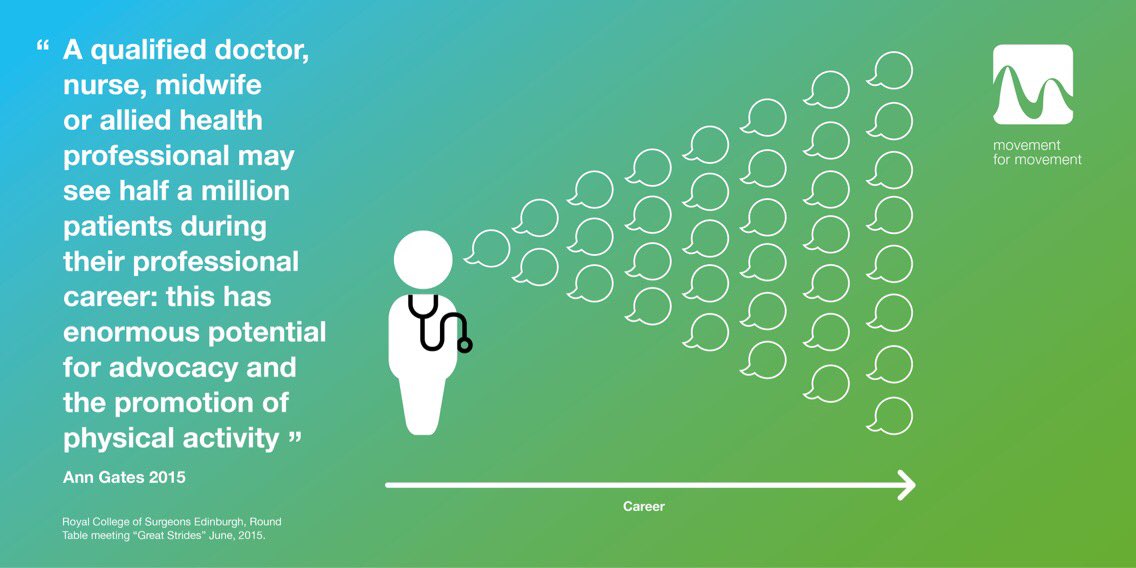Top ten fitness trends for 2019
- Wearable Technology. Wearable technology includes fitness trackers, smart watches, heart rate monitors, and GPS tracking devices.
- Group Training. Group exercise instructors teach, lead, and motivate individuals through intentionally designed, larger, in-person group movement classes (more than five participants, or it would be group personal training).
- High-Intensity Interval Training (HIIT). These exercise programs typically involve short bursts of high-intensity bouts of exercise followed by a short period of rest.
- Fitness Programs for Older Adults. This is a trend that emphasizes and caters to the fitness needs of the Baby Boom and older generations. These individuals in general have more discretionary money than their younger counterparts, and fitness clubs may capitalize on this growing market.
- Bodyweight Training. A combination of variable resistance bodyweight training and neuromotor movements using multiple planes of movement, this program is all about using bodyweight as the training modality.
- Employing Certified Fitness Professionals. The importance of hiring certified health/fitness professionals through educational programs and certification programs that are fully accredited for health/fitness professionals is more important than ever.
- Yoga. Yoga has taken on a variety of forms within the past year (including Power Yoga, Yogilates, yoga in hot environments, and others).
- Personal Training. This trend continues as the profession of personal training becomes more accessible online, in health clubs, in the home, and in worksites that have fitness facilities. Personal training includes fitness testing and goal setting with the trainer working one on one with a client to prescribe workouts specific to each client’s individual needs and goals.
- Functional Fitness Training. This is a trend toward using strength training and other activities/movements to improve balance, coordination, strength, and endurance to improve activities of daily living.
- Exercise is Medicine. Exercise is Medicine (EIM) is a global health initiative that is focused on encouraging primary care physicians and other health care providers to include physical activity assessment and associated treatment recommendations as part of every patient visit, and referring their patients to exercise professionals. In addition, EIM recognizes fitness professionals as part of the health care team in their local communities.





